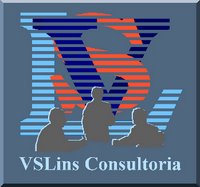Knowledge acquisition technique glossary
Card Sorting
Knowledge acquisition technique in which a collection of concepts (or other knowledge objects) are written on separate cards and sorted into piles by an expert in order to elicit properties (attributes and values).
Commentary
Knowledge acquisition technique in which the expert provides a running commentary of their own or another’s task performance. A valuable method for acquiring process knowledge. Includes various types such as self-reporting, imaginary self-reporting, self-retrospective, shadowing and retrospective shadowing.
Ladder
A ladder is a hierarchical (tree-like) network diagram. A ladder can comprise a single type of relationship throughout or have multiple relationships.
Important types of ladder include a taxonomy (aka concept ladder) which uses the "is a" relationship and a composition ladder that uses the "part of" relationship.
Laddering
Laddering is a knowledge acquisition technique that involves the construction, modification and validation of ladders. It is a valuable method for acquiring knowledge of concepts. For more information, click here.
Lessons Learnt Review
Knowledge Management technique whereby a structured group discussion takes place just after the end of a project to provide recommendations for future projects.
Peer Assist
Peer Assist is a knowledge management technique whereby a person (or team) experienced in a particular type of project helps a person (or team) unfamiliar with the same, or a similar type, of project.
Repertory Grid
Knowledge acquisition technique used to elicit properties (attributes and values) for a set of knowledge objects, rate them on a scale, and use cluster analysis to arrange and group similar properties and objects. Useful for acquiring detailed object knowledge and tacit knowledge. For more information, click here.
Extraído de Glossary


<< Home